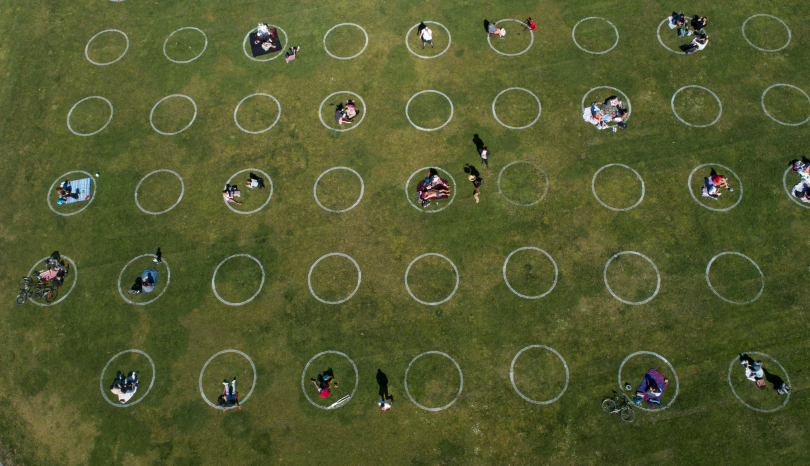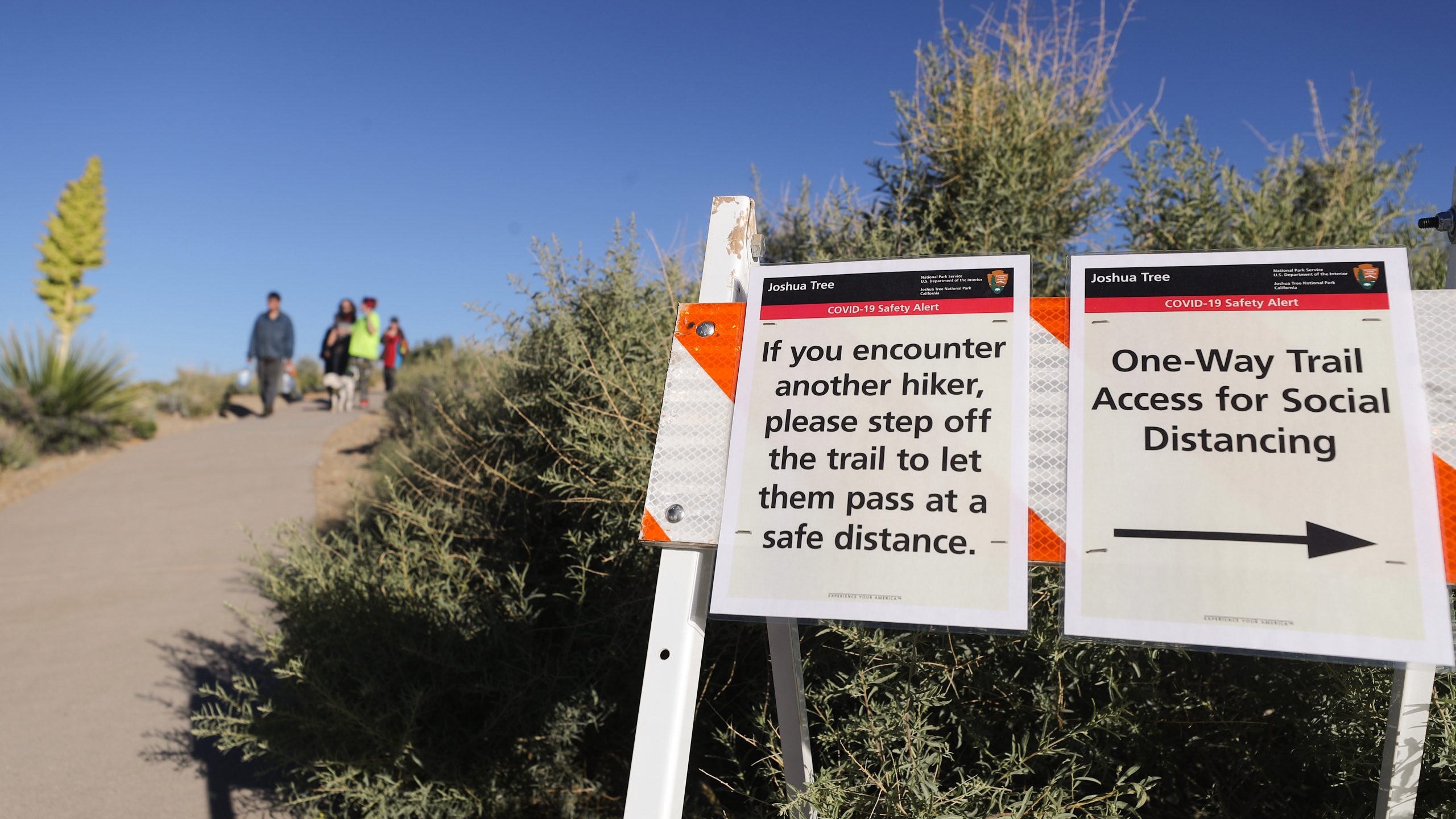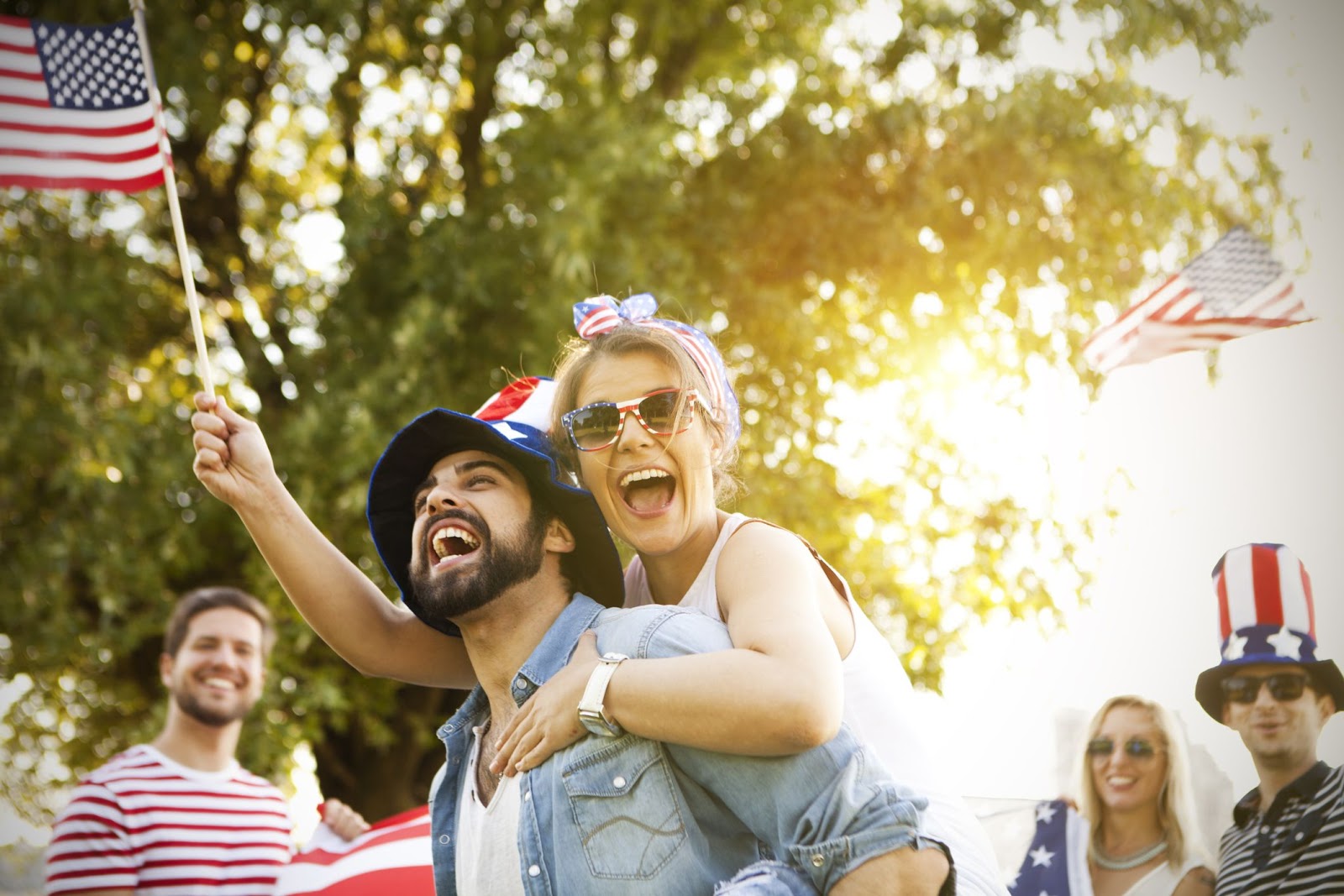There’s nothing patriotic about suffering an injury, catching illnesses or having to go to the emergency room when everyone else is celebrating.
It’s never too early to contemplate safety measures for your Fourth of July celebration. Doing it well will ensure that you and your loved ones have a great time on Independence Day.
The start of summer is the perfect time to gather with family and friends for good food and fun times. This year, celebrating the adoption of the Declaration of Independence in a safe way is a smart way due to current airborne illnesses.
Our 4th of July safety tips cover a few key summer safety topics to keep you and your family safe this holiday.

Social distance and covid-19 safety
- If your community is reopening: know which precautions to take in public settings.
- Continue to social distance by staying 6 feet away from others, especially if you are at high risk for serious illness from COVID-19 (over age 65 or any age with underlying medical conditions).
- Continue to wear face coverings in public. Face coverings are most essential when social distancing is difficult.
- Follow guidelines for your area when it comes to how large gatherings can be. Avoid crowds and mass gatherings.
- Clean and disinfect frequently touched surfaces daily.
- Stay home if you are sick.
Fourth of July General Safety Tips:
At the risk of sounding like a broken record, this summer ensure the practice of these safety tips so as to not have to worry about firework accidents or burns!
- Only use fireworks as directed. They are dangerous and play a large role in injuries that occur each Fourth of July season, with 68 % of fireworks injuries taking place within a month of July 4.
- Supervise children using fireworks. Yes, fireworks are fun and fascinating to children, but they can cause serious harm.
- If fireworks are a must-have for your July 4 celebration, consider ways to minimize the harmful effects they have on the environment.
- Clean up remains as soon as possible. Wet them down and place in a metal trash can until the next day.
- With the added traffic and anticipation, roads can become dangerous. Added vehicles on roads contribute to higher accidents. Always be sure children are in the back seat, safely strapped into seat belts. Be aware of drivers around you and always have a plan to get home safely.

Grilling, Parks and Water Safety Precautions
Many public fireworks shows may be canceled this summer as communities try to avoid holding events where large crowds will gather. If you plan to use your own fireworks, check first if it is legal in your area. For everything else, here are some important tips:
- Always supervise a barbecue grill when in use. Don’t add charcoal starter fluid when coals have already been ignited.
- Never grill indoors — not in the house, camper, tent or any enclosed area.
- Make sure everyone stays away from the grill, including children and pets.
- Keep the grill away from the house or anything that could catch fire.
- Use the long-handled tools especially made for cooking on the grill.
- Talk to your children, including older youth and teenagers, about water safety.
- If you choose to take your family to the water, make sure the area is designated for swimming and has lifeguards on duty. Once there, maintain social distancing, both in and out of the water, between you and people who don’t live with you.
- Designate a water watcher whose sole responsibility is to supervise people during any in-water activity until the next person takes over.
- Kiddie or inflatable pools can be a great way to have fun. Drain the water from the pool and flip it over after swim time is over.
Additional Safety Precautions to Keep in Mind
Fireworks are usually the first thing most people think of when it comes to the Fourth of July, but there are other aspects to the holiday that merit precautions. Most summer season safety measures are worth bearing in mind on Independence Day. Depending on which specific activities comprise your festivities, the following are possible concerns.
- During daylight hours, you’ll want to protect yourself from excess exposure to the sun. Wear sunscreen and a hat!
- Heatstroke and dehydration are other daylight concerns to keep in mind. Be sure to drink plenty of water and seek out shady areas if you feel overheated.
- If you host or attend a barbecue, beware of possible fire hazards and outdoor food spoilage.
- Depending on your location, you may need to wear insect repellent and be alert for bees or wasps.
- Wear protective gear for bicycling and other sports.
Minimize the risk
Postpone unnecessary doctor visits. If an older adult in your care is feeling well, consider helping them postpone elective procedures, annual checkups and other non-essential doctor visits.
Keep in mind that many older people, especially those living with chronic illness, have important relationships with their caregivers. To help them stay in touch, ask their doctors’ offices if they offer telemedicine, which enables doctors and patients to communicate over video, email or other means rather than face-to-face.
Avoid travel. Older adults should put off non-essential travel, particularly cruises or trips with itineraries that would expose them to crowds.
Have a Blast 🚀 (no pun intended)
Becoming knowledgeable about safety measures will help make the holiday more fun for everyone involved.




